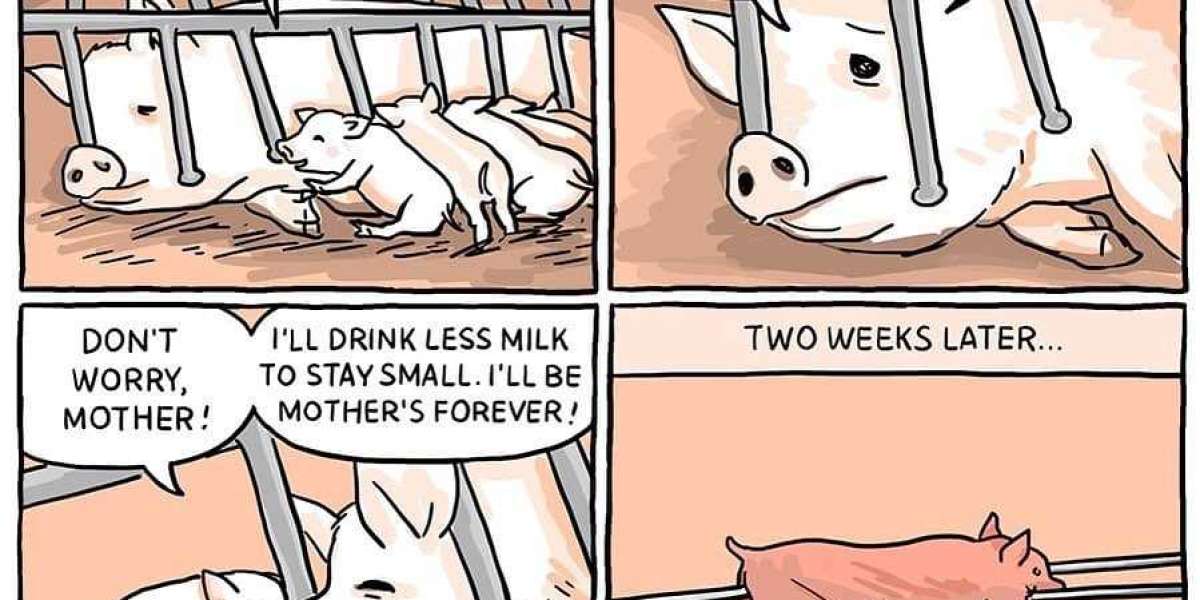The relationship between a vegan diet and factory farm cruelty is profound and undeniable. While many people choose to adopt a vegan lifestyle for reasons related to health, environmental sustainability, or ethical considerations, the decision to eschew animal products also serves as a powerful rejection of the inherent cruelty perpetuated by factory farming operations.
At the heart of the connection between a vegan diet and factory farm cruelty lies the recognition of the suffering endured by animals raised for food in industrialized farming systems. Factory farms are notorious for their crowded and unsanitary conditions, where animals are confined to cramped cages or crowded pens, deprived of the most basic elements of a natural and dignified existence.
Moreover, factory farming practices such as debeaking, tail docking, and castration without anesthesia inflict unnecessary pain and suffering on animals, further underscoring the ethical imperative to reject the consumption of animal products. By abstaining from meat, dairy, and eggs, individuals can effectively withdraw their support from an industry that profits from the exploitation and mistreatment of sentient beings.
Furthermore, the environmental and public health implications of factory farming underscore the urgency of adopting a plant-based diet. Factory farming is a leading contributor to deforestation, habitat destruction, and biodiversity loss, as well as air and water pollution. Additionally, the routine use of antibiotics in factory farms contributes to the emergence of antibiotic-resistant bacteria, posing risks to human health and undermining efforts to combat infectious diseases.
By choosing a vegan diet, individuals not only reduce their contribution to factory farm cruelty but also align their food choices with their values of compassion, justice, and environmental sustainability. Veganism represents a powerful statement against the systemic injustices perpetuated by industrialized animal agriculture and offers a path towards a more humane, ethical, and sustainable food system.
In conclusion, the connection between a vegan diet and factory farm cruelty highlights the profound impact that individual food choices can have on animals, the environment, and public health. By embracing veganism as a lifestyle rooted in compassion and ethical integrity, individuals can contribute to the movement towards a world where animals are treated with dignity, respect, and compassion, and factory farming cruelty becomes a thing of the past.







